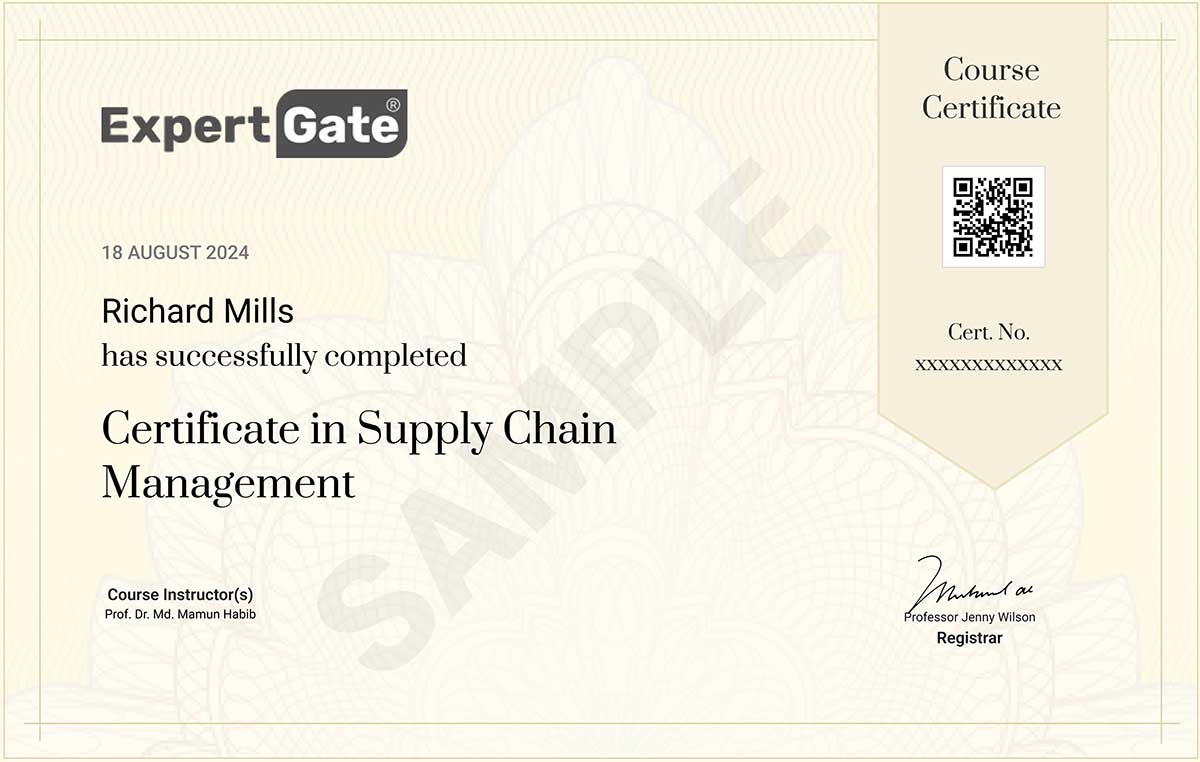Islamic Wealth Management

Overview
Instructors
Outcomes
By the end of the Islamic Wealth Management course, participants will have acquired the following outcomes:
- Understanding of Islamic Finance Principles: Participants will gain a deep understanding of the key principles that underlie Islamic finance, including the prohibitions of Riba (usury), Gharar (uncertainty), and Maysir (gambling), and how they impact wealth management.
- Proficiency in Sharia-Compliant Financial Products: Participants will be able to identify, evaluate, and incorporate Sharia-compliant financial products such as Sukuk, Islamic mutual funds, and equity investments into their portfolios.
- Ability to Build an Ethical Investment Portfolio: Participants will learn how to create and manage a diversified investment portfolio that aligns with Islamic finance principles, ensuring ethical investments and long-term financial growth.
- Integration of Charitable Giving into Wealth Management: The course will equip participants with the knowledge to incorporate Zakat, Sadaqah, and Waqf into their financial strategies, ensuring that wealth distribution aligns with Islamic teachings on charity and social welfare.
- Practical Knowledge of Islamic Wealth Management: Through case studies and real-world examples, participants will be able to apply their learning to develop practical, Sharia-compliant financial plans for both individuals and organizations.
- Ethical Decision-Making Skills: Participants will develop a strong sense of ethical responsibility in wealth management, ensuring that their financial decisions benefit not only their personal or institutional wealth but also society at large.
Structure
Day 1: Foundations of Islamic Wealth Management
Day 3: Practical Applications and Case Studies
Assessment
To ensure a comprehensive evaluation of participants’ progress and understanding of each module, the program adopts the following assessment method:
Target Audience
This course is ideal for:
Recommended Resources
Certificates

